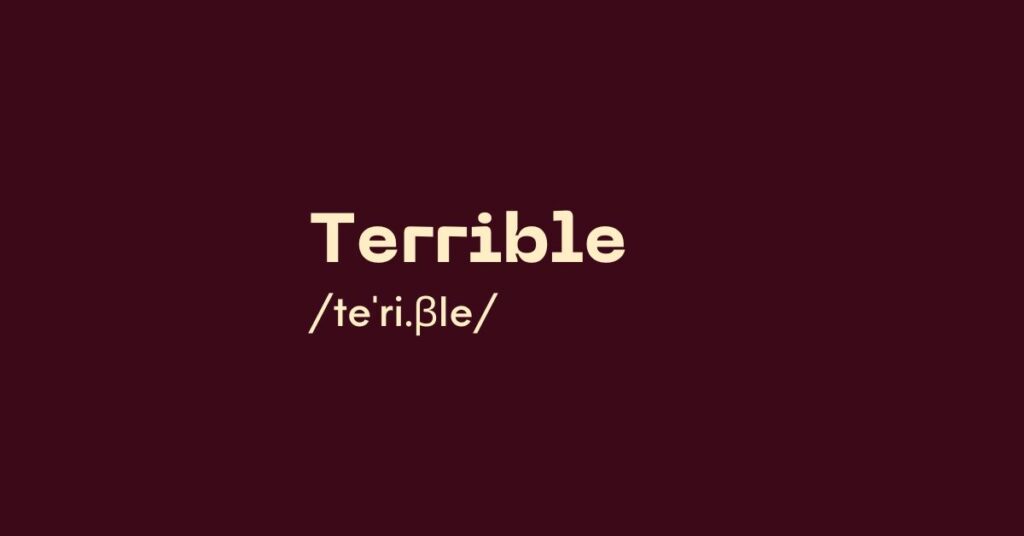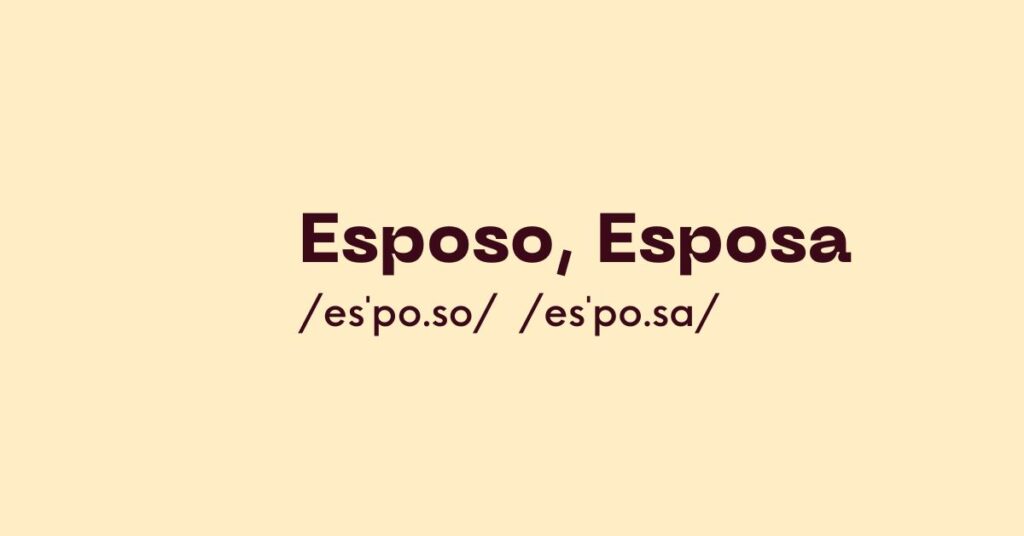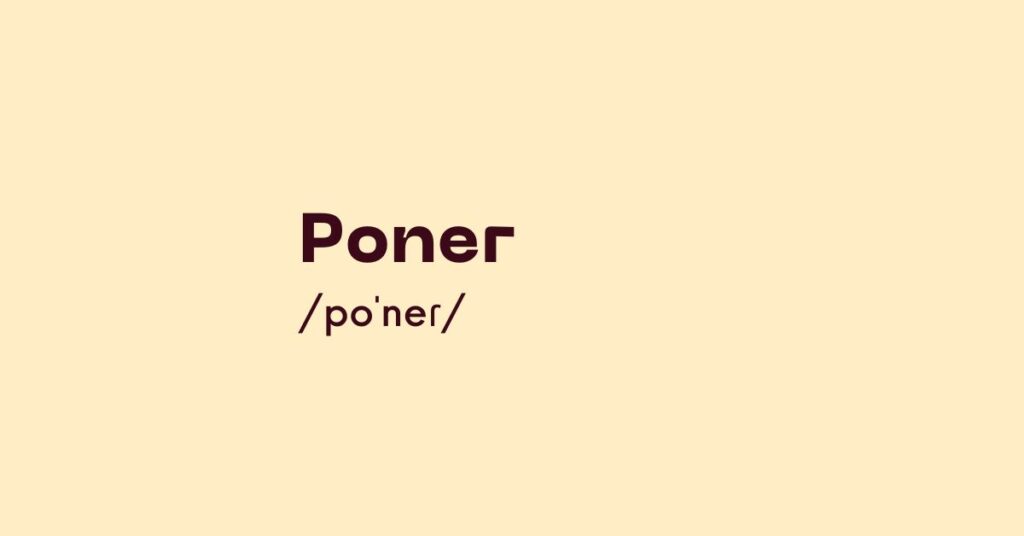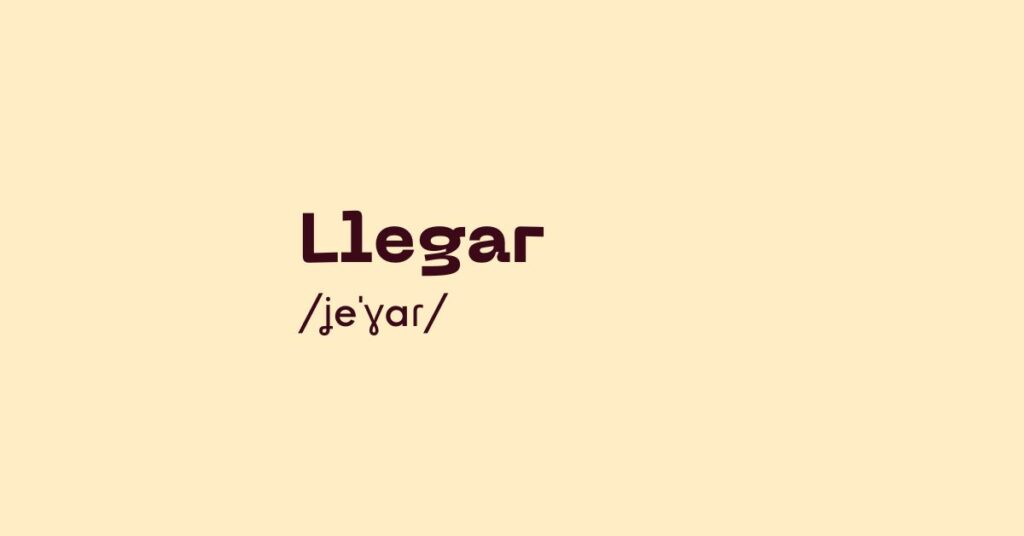Terrible
Today’s Spanish word of the day is “terrible”. Can you guess what it means? That’s right, it means “terrible”! No surprises there. It’s important to remember that Spanish follows quite different pronunciation rules to English, so the Spanish word “terrible” is pronounced quite differently to its English equivalent. The double r is trilled, and the […]









